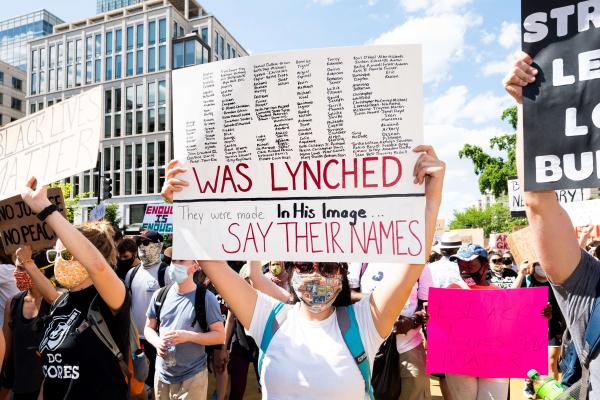Despite the many revival services and conferences held every year across the country, it seems white Christians in the U.S. have yet to be radically transformed when it comes to justice advocacy. I’m not looking to label others’ revival experiences as “true” or “false.” Instead, I’m hoping that Christians in general — but white Christians specifically — learn to expand their understanding of what a revival entails. After the harm and reprimand I experienced in the white evangelical church for my dedication to social justice, I have returned to the Black church tradition in which I was raised. Being in this space has affirmed my belief that worshiping Christ and fighting for a more just world go hand in hand.
Ultimately, I think there are times when revival spreads to the streets for weeks on end but because it doesn’t happen within the four walls of a church where there is ambient lighting and bottomless coffee, we don’t recognize it.
Read the Full Article

